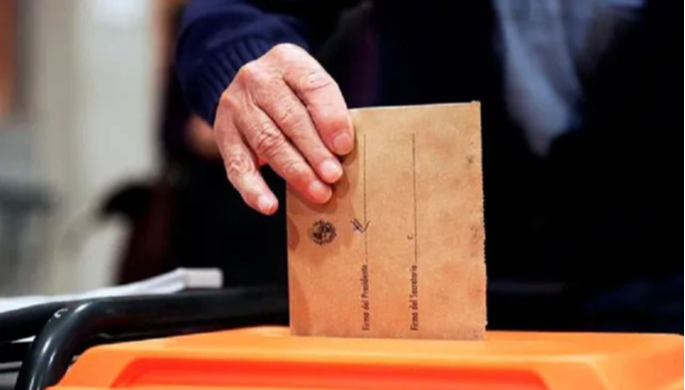
Different political parties in Uruguay will hold internal elections
By María Josefina Arce
On June 30th, the different political parties in Uruguay will hold internal elections to elect their candidates for the general elections on October 27, in which the new president of the South American country will be appointed.
Nearly three million Uruguayans will be able to cast their vote, which is not mandatory, on the Sunday that opens the electoral calendar.
The latest polls, ahead of next October's meeting, place the opposition Frente Amplio as the leader in voting intentions for the presidential and parliamentary elections, which if necessary will have a second round on November 24.
The survey by the Factum firm showed a 47% preference for the Frente Amplio, followed by the National Party, with 30%, while the Colorado is in third place with 12%.
Whoever is elected as the new president will have to face several problems that currently constitute the main concerns of Uruguayans.
The surveys, experts point out, have confirmed a trend that has been recorded in recent months. A good part of society affirms that the nation's main problem is insecurity, increasingly associated with drug trafficking and organized crime.
This is one of the issues in which the government of President Luis Lacalle Pou will leave a debt to the citizens. According to a study by the firm Cifra, in the last year 29% of the country's homes were targets of robberies or violent attacks.
Another concern of Uruguayans is the economy, in which work and unemployment, inflation, salary and poverty occupy a primary place.
The next president will have to pay special and urgent attention to child poverty. Data from the National Institute of Statistics reveal that 20.9% of the poor in Uruguayan territory are children and adolescents.
An article published by Grupo R Multimedio in its digital newspaper, cited by the Prensa Latina news agency, states that Uruguay is the country in the region with the greatest infantilization of poverty.
Without a doubt, whoever wins the general elections in October will have serious challenges in responding to the concerns of citizens.

